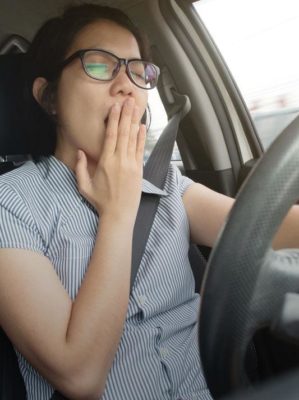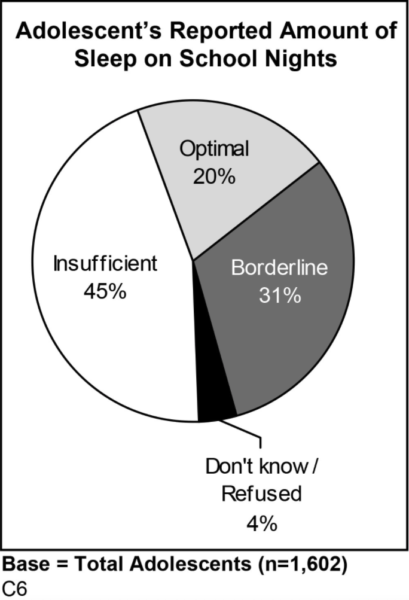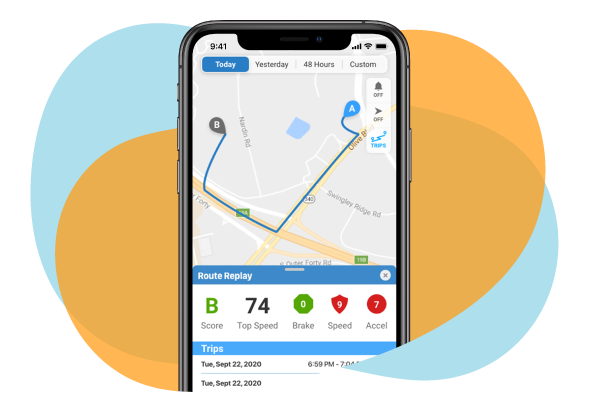
By Janine Brownridge / Posted April 6, 2021
Drowsy Driving: Is Your Teen at Risk?
If you have discussed safe driving habits with your teen, you probably took time to warn them about alcohol. However, there is a risk just as deadly that is affecting even the most responsible high school students. Many students are working hard to do all of the things they have been told will get them into college: study long hours, participate in extracurricular activities, and work part time to save money. These high-achieving students might not consider that they could be at risk when they drive.
Teens Have the Odds Stacked Against Them
Studies show that teens are not getting enough sleep. The life of a teenager can make this next to impossible. First, their biology demands more sleep than older adults. The Center for Disease Control recommends 9 to 10 hours of sleep per night. However, demanding schedules that juggle homework, sports, and a job make it hard to realistically get that much rest. Most teens get 7 to 7.5 hours of sleep, and they have not been a licensed driver long enough to gauge their alertness well. Combine this with their lack of experience and skill, and the risk of an accident increases.
Drowsiness Can Have the Same Effects as Alcohol
Teens who would never think of drinking and driving are still very likely to be sleep deprived. The effect on driving ability is the same. The National Sleep Foundation reports that “being awake for more than 20 hours results in an impairment equal to a blood alcohol concentration of 0.08, the legal limit in all states.” This is why it is important for parents to take drowsy driving seriously. In addition to talking with your teen about the dangers of drowsy driving, you should do what you can to prevent your teen from putting themselves at risk.

Preventing Your Teen from Driving Drowsy
Explain to your teen that the risks of drowsy driving are the same as drinking and driving. Help them establish a routine that will allow them to get enough sleep. This might require an honest review of their commitments to determine if they are realistic and safe. Remind them that sleep deprivation can lead to negative overall school performance. If your teen has been up late studying, take the keys and make them ride to school with you in the morning.
MOTOsafety can help you monitor your teen’s driving to make sure they are not affected by sleep deprivation. First, by setting curfews you can make sure that they are not out too late to get a good night’s rest. If you are concerned that certain days are too demanding on their schedule, you can compare driver safety report cards to see if there is a change in their driving performance.
Make sure your teen knows how to monitor their own alertness. Teach them the signs that they are too tired to drive, such as yawning, drifting physically off the road, drifting mentally into daydreams, and having difficulty focusing with their eyes. Warn your teen about false “quick-fixes” that won’t keep them awake, like turning up the music or rolling down the window. Even caffeine is not dependable, as it takes 30 minutes to start working and the benefits are short-lived.
The best way to prevent drowsy driving is to encourage your teen to get the required 9.5 hours of sleep. Teach them good sleeping habits, and you will improve their safety, equip them for better school performance, and set them up for more success in life.

- Installs in seconds
- Rates driver performance
- Monitors safe driving behaviors
- Shows location in real time
- Generates alerts for speeding and more
- Signals unauthorized usage

Previous Post
Winter Driving Tips for Teens
February 3, 2021A parent’s first instinct is to keep teens at home when winter weather hits, and this might be the right decision. New drivers are certainly not…


